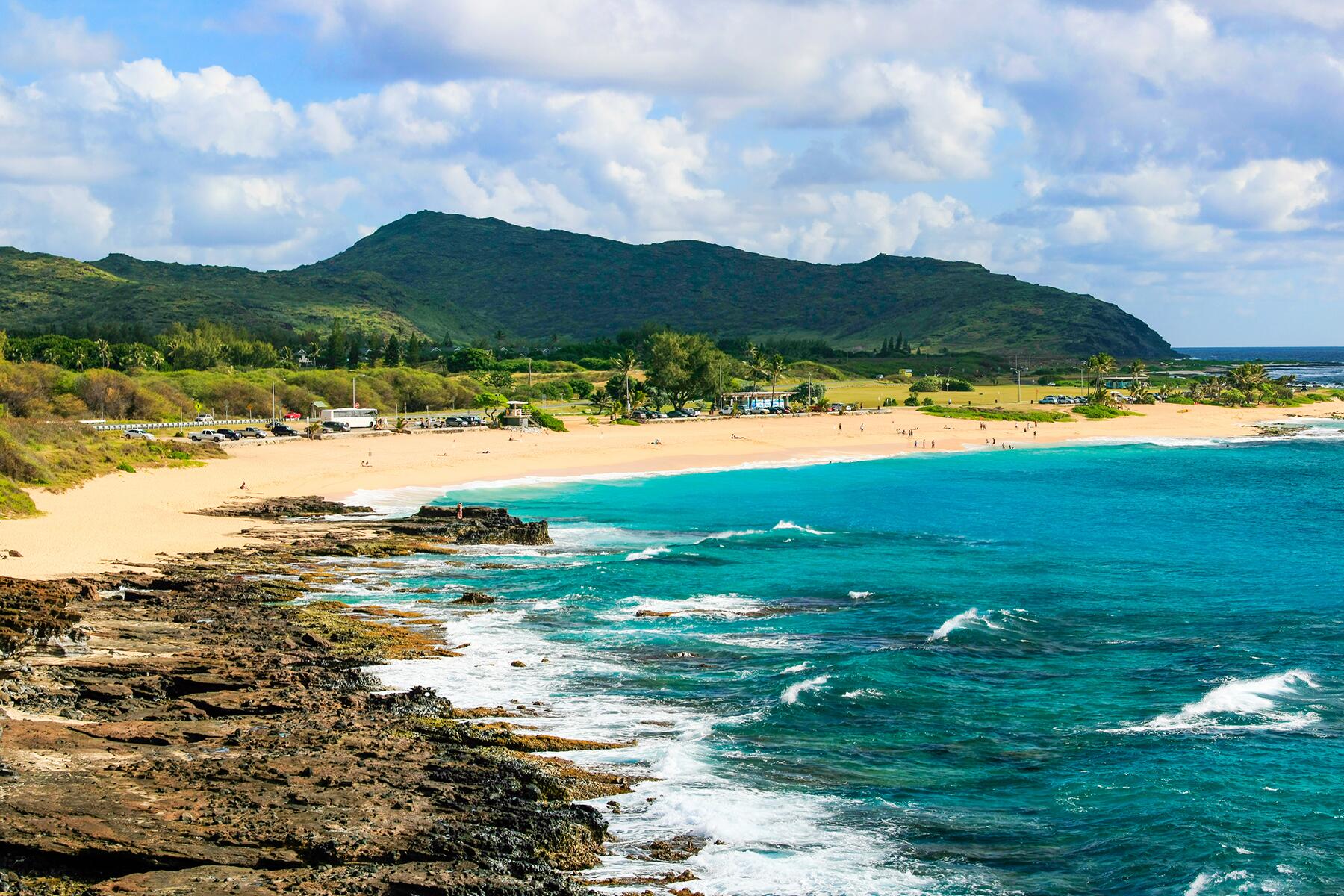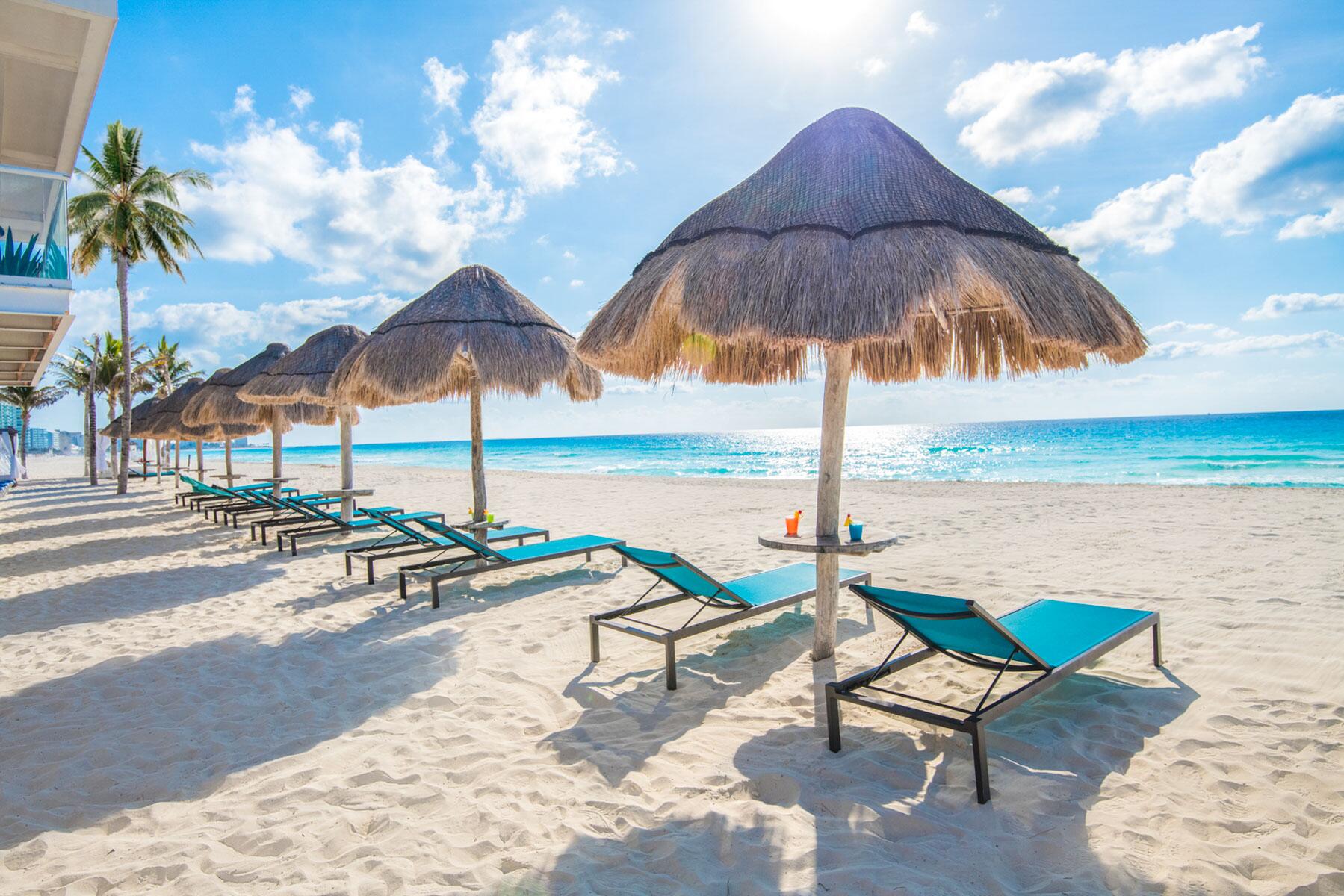The Honolulu hotel has a history of labor disputes.
On Labor Day, workers at Waikiki’s historic Ilikai Hotel & Luxury Suites conducted an informational picket. While not currently on strike, the workers took to the streets in front of the resort to inform guests and the public that they have been working without a contract for five years, which they say has put them behind other union workers at Waikiki resorts in pay and benefits.
The workers belong to UNITE HERE, a union that represents hospitality workers in the United States and Canada, including many hotels, hospitals, and airport concessions in Hawai’i, where the union counts 7,500 members.
The workers also complain that unlike other similar resorts in Waikiki, the Ilikai only offers housekeeping services midway through a stay of seven nights or longer. Other hotels in the area offer housekeeping services daily, either automatically or upon guest request. This impacts workers by reducing the number of guaranteed hours available for housekeeping staff. Rooms that have not been cleaned daily also require more work to clean, whether the guests are staying over or the rooms are being turned for another arriving guest.
In spite of the informational picketing, it’s worth noting that FairHotel.org, the website operated by UNITE HERE, does not currently list the Ilikai (or any other Waikiki resort) as the subject of any labor dispute, strike, or lockout, and is not recommending consumers boycott the hotel.
Recommended Fodor’s Video
That could change in the summer of 2024, union officials warned in July.
The Ilikai has a history of labor disputes. In 2017, workers walked off the job for a one-day strike, citing pay and benefits shortfalls—the same issues being raised today. In 2018, UNITE HERE struck five Waikiki Marriott Hotels in a work stoppage that lasted 51 days. That work action was part of a larger movement that included hospitality workers in hotels across the United States.
The Ilikai, which is operated by Aqua-Aston Hospitality, was constructed in 1964 as the first luxury high rise hotel in Waikiki. The hotel became immediately identifiable from the opening credits of both the long-running TV series Hawaii Five-O, which ran from 1968 to 1980, and it’s successor, which ran from 2010 to 2020.
What Travelers Can Do
But how can visitors ensure they’re booking hotels where working conditions are acceptable? The website FairHotel.org tracks which hotels are recommended for boycotts or in danger of being struck, and visitors can check that site before booking (especially when booking prepaid, nonrefundable reservations). Hotels that are listed in danger of being struck, currently on strike, or currently recommended for boycott due to a labor dispute can be avoided.
If arriving at the hotel to find workers on strike, guests can refuse accommodations due to the strike, but may find varying degrees of response from hotel management. During the 2018 Marriott strike, many travelers reported difficulty getting refunds or waivers on cancellation policies due to the strike because the hotels remained open, even though restaurants were closed, rooms went uncleaned, and guests had to replenish their own towels and amenities from stacks piled in corridors.
Guests can also periodically check local news reports by doing an internet search for the name of the destination and keywords including “hotel strike” or “hotel labor dispute” for updates on evolving situations. Guests with flexible reservations can cancel and rebook another property to ensure their reservations will be honored at a hotel where services may be more reliable, and should mention any strike possibility or labor action as their reason for cancelling when they call.
Travelers may also want to consider booking flexible reservations because the unions have already made strike threats for 2024. Most travel insurers will not cover what they consider “foreseeable events” and most work actions follow a length period of protest and warnings, rendering most hotel strikes uncoverable.





